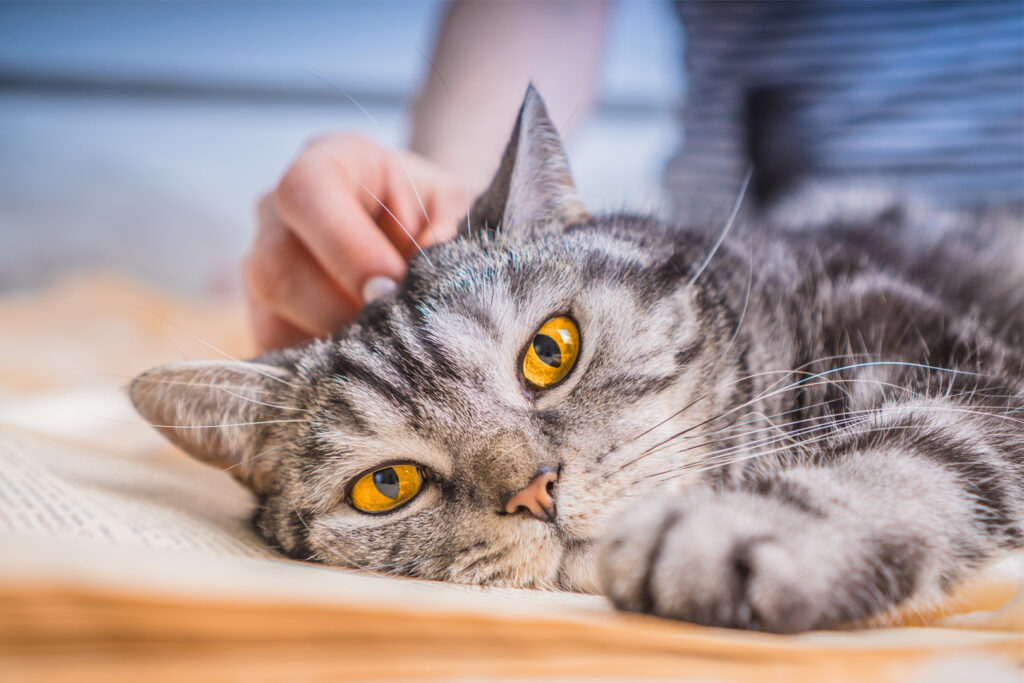
Cats are pretty much meat eaters, but they can be very fussy about their food and that could be for many reasons. It could be its smell, or it could even be the type of bowl you have chosen. As a cat owner you might understand more about why your cat could be fussy by reading this blog post.
Kittens and cats like puppies and dogs may decide to chomp on your favourite shoe or plant. The condition is called pica and here is why they might have the taste for the least tasty things!
Diet - unusual eating habits could mean that something is missing in your cat’s diet, such as vitamins, minerals or fibre.
Boredom - similar to puppies, if they’re not getting enough attention, they may start to partake in strange attention seeking behaviour which can include eating habits.
Medical issues - it can be a sign of an undiagnosed underlying medical problem.
Genetics - it is thought that some breeds of cat can be more prone to pica.
Stress - if there has been a sudden change in your cat’s life such as a recent house move or you have introduced a new pet into the family home, this can also cause strange eating behaviours.

What's on the cat menu tonight?
It is often seen as a cliche for a cat to play with wool, but this is actually one of the most common favourites with pica in cats. It is thought that in kittens, they may not have been weaned for long enough and they are looking for that extra comfort. Cat litter and grass/plants also tend to come up on the menu too and again can be an indicator that something is missing from their diet. Other favourites might be plastic in the form of bags or cables for example and are usually a sign of boredom.
Clearly eating these items should be discouraged as soon as possible to prevent them getting poorly. A lot of the time your cat may simply be bored so make sure they’re getting enough play and stimulation from you. Make sure they are being fed properly with good quality food at regular times.
For more information on the foods to avoid to keep our pets safe click here.
Or for help identifying behavioural problems in your cats click here.
If you’re concerned about any underlying, undiagnosed issues please speak to one of our Vets.
